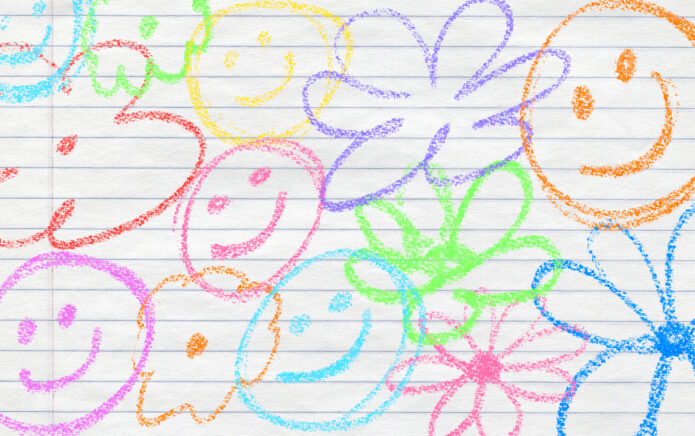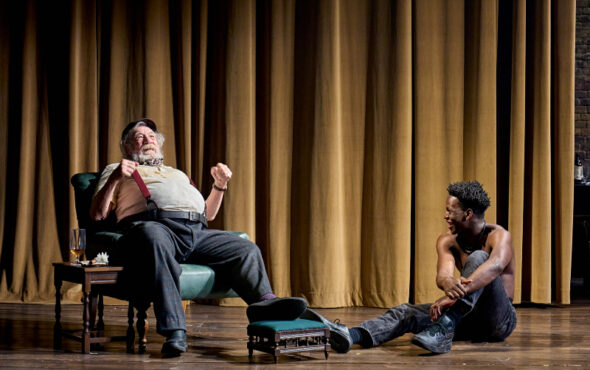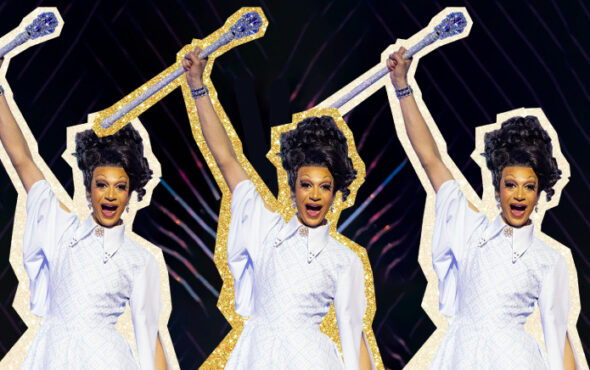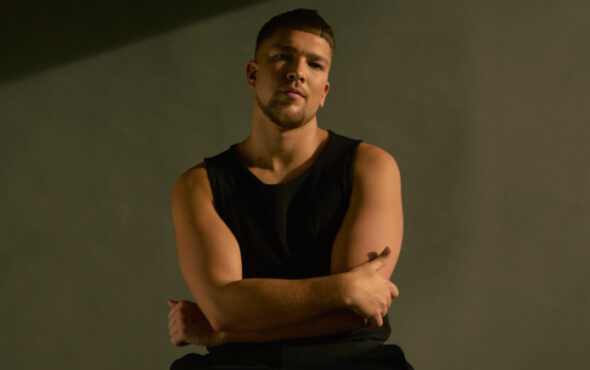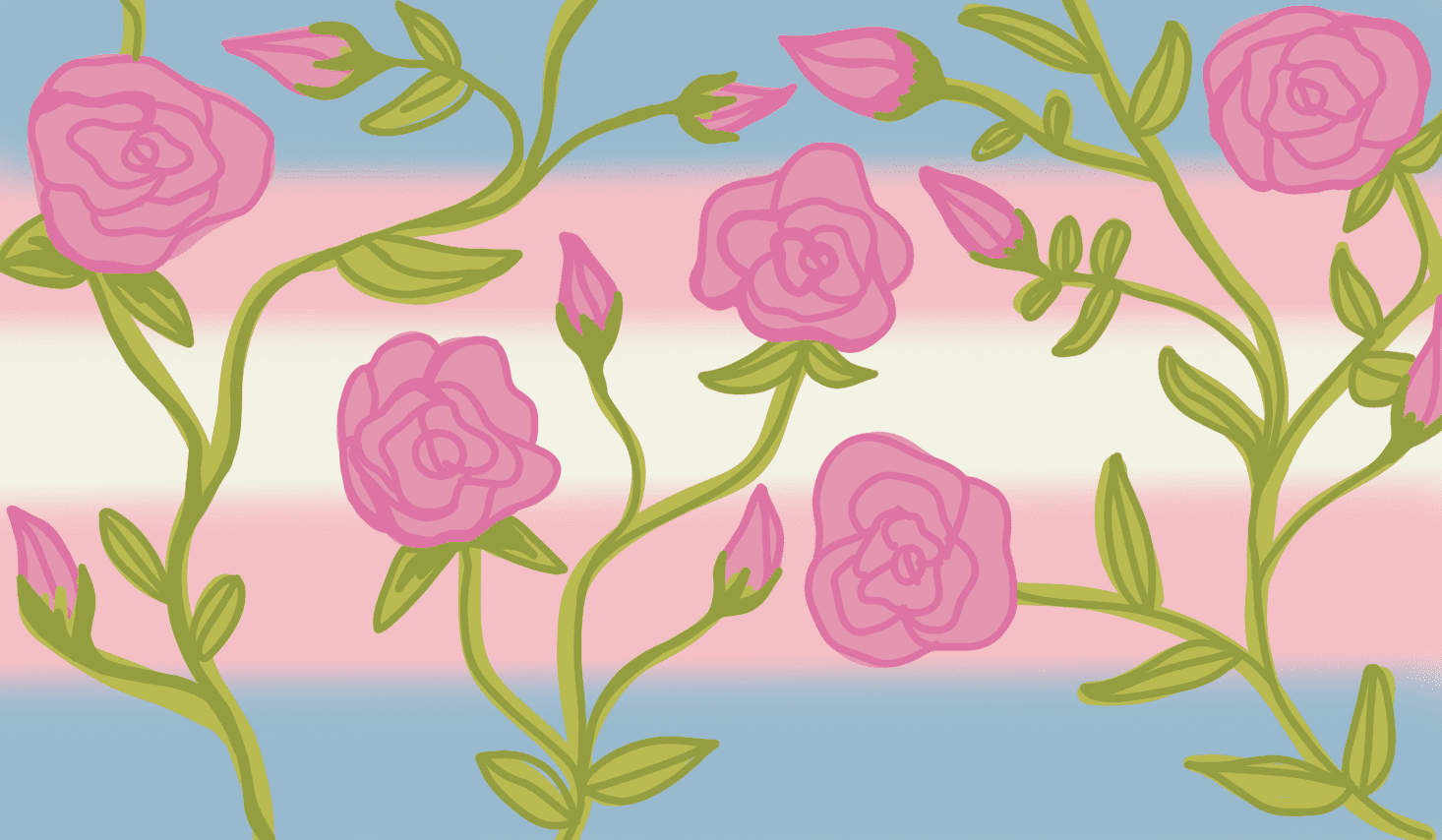
When I was growing up, I honestly didn’t think that much about my sexuality or my gender. I was in my late teens when I became comfortable with my sexuality, and transness was definitely off the radar for childhood me.
I knew what being trans was vaguely – I definitely wasn’t completely unaware of the concept. However, from the info I had seen over the years, it seemed as though being trans was a very binary thing. You were either a boy or a girl, so could only transition from boy to girl, or from girl to boy (not true of course).
All of this seemed like it should be dead obvious to the person all their life too (also not true of course). I knew I wasn’t a boy, so for a long time I thought that must make me a girl. Spoiler alert: I’m not a girl. To quote the legendary Mae Martin in Feel Good, “I’m not a boy. I’m not even a girl. I’m like a failed version of both.”
This quote, for me, symbolises a turning point in my journey. It set off a little lightbulb in my head that would go to light up many more. I immediately knew I related to the quote. I didn’t know what it exactly meant for me, or the little intricacies of my feelings towards gender, but the internet helped with that.
National lockdown gave me a lot of opportunity to spend time online, researching and connecting with other trans people, and learning more about what it means to be non-binary. It gave me a chance to get to know myself and my different feelings better. I had more and more ‘lightbulb’ moments over time and shared them with a few different people who were all supportive – something I’m very grateful for.
As much as I had a brilliant support network as I was coming to terms with my identity, I still felt a lot of shame and confusion. It had its roots in many things, but one of those was my age. I was 19 by time I officially came out as non-binary, and I would be nearly 20 by time I properly came to terms with my transness, which is not ‘old’, but it did feel late.
I felt confused: how had I not previously known I had these feelings, or what they meant? Had younger me felt the same things? If I hadn’t then what did that mean? So many questions, and not many answers.
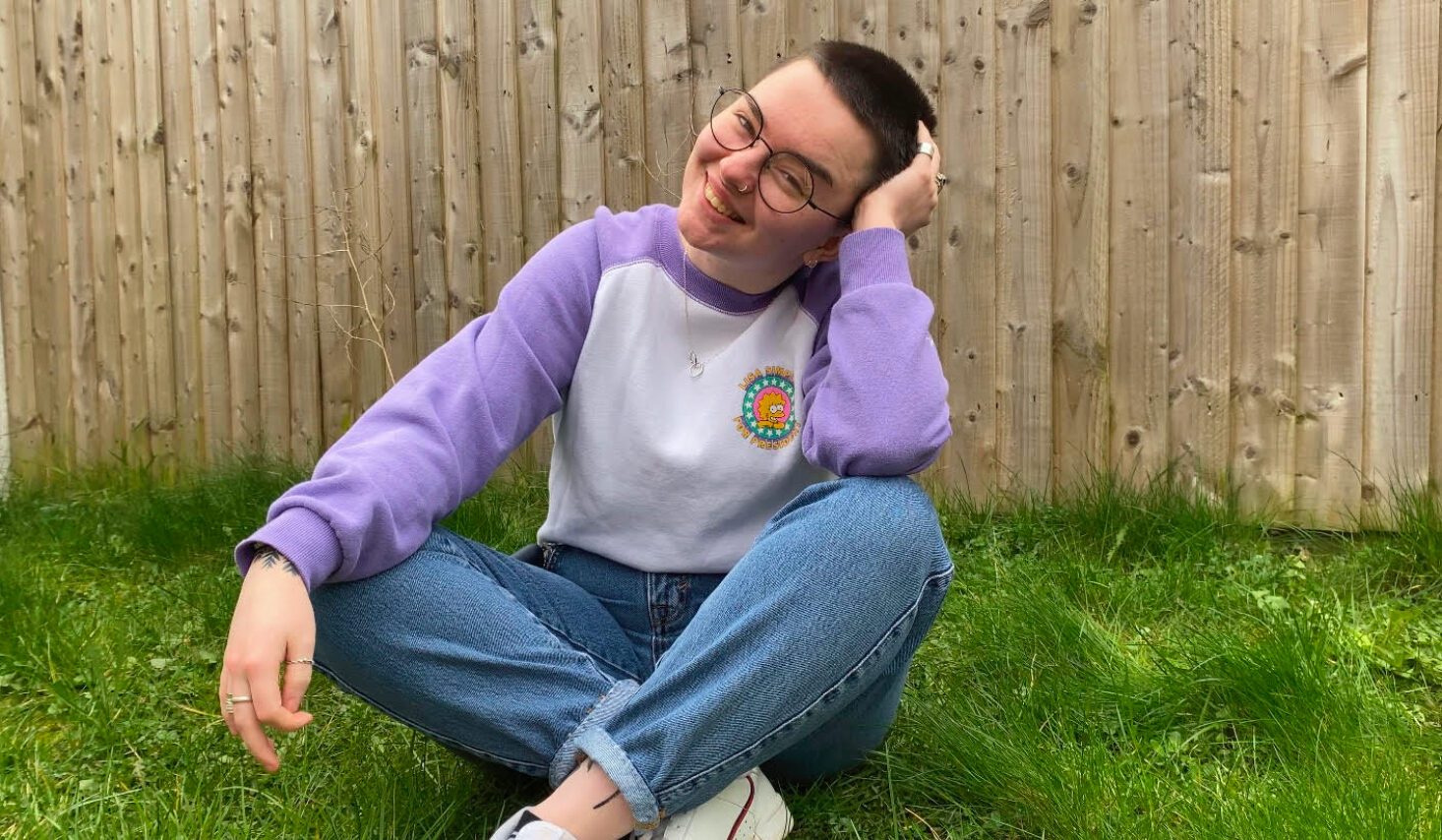
The shame came from feeling confused, and because I hadn’t realised sooner. I felt like I had somehow deceived myself, and the people around me, for not knowing who I properly was. I worried I’d somehow tricked them into getting to know this girl for years, that I turned out not to be.
Though at the same time I felt like an imposter – was I actually trans if I hadn’t known for all this time? How could I have just possibly ‘unlocked’ these feelings after so long? I still don’t have the answer to all of those questions. I’ve realised that’s OK though. Despite it overwhelming me at the time, I know now that it wasn’t silly or stupid to feel all of those feelings.
I was coming to terms with a large part of myself that was new to me, and contained a lot of unknown things, which we’re all taught to be afraid of in some way. It was also OK that I was coming to terms with it when I did.
Looking back, I probably did have some feelings, or did certain things as a child that pointed towards me not being the girl I was told I was. I just didn’t know what those feelings were. But how was I meant to? I didn’t properly know about any of the stuff I do now. I couldn’t have placed the expectation on little me to know everything.
People get to know themselves better as they get older. Some people realise they like olives, or embark on a new career, or begin to understand the rules of croquet. For me, I realised I was trans, and began to understand that.
Talking about my journey in my volunteering with Just Like Us has really helped me properly reflect upon it, and make peace with how I view myself. As a volunteer, I speak in schools about being LGBTQ+ and explaining it to other people, has helped me explain it to myself.
Being able to go on this journey and share what I’ve learnt about myself with others has been so invaluable. And I hope by educating and being a sort of representation for young people will help them realise it’s OK to be whoever they are too, no matter when they realise who they are.
